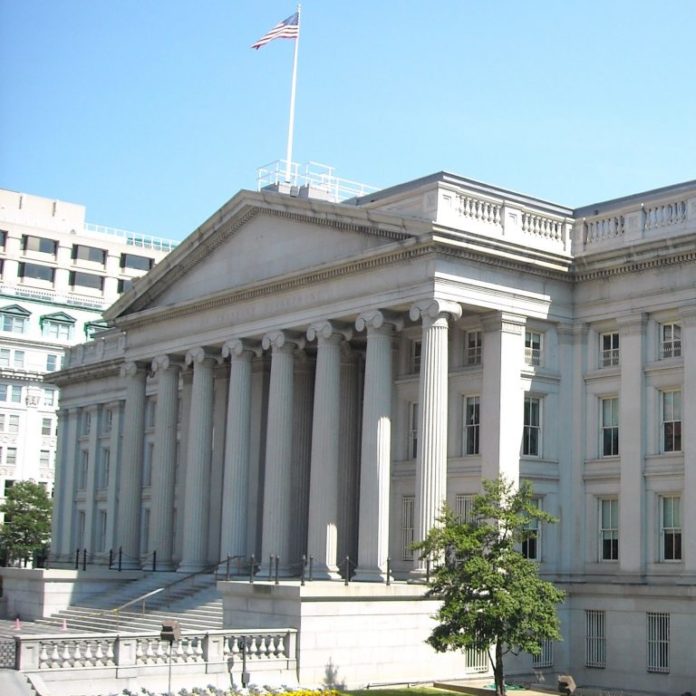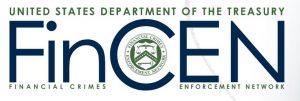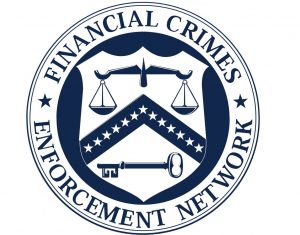
Two common complaints among crypto traders are that platforms which didn’t before are now demanding identification documents and that more venues close their doors to residents of some countries. While users naturally lash out at the companies, it is important to remember that this is often done under coercion or threat by regulators. The US government, for example, doesn’t consider itself bound by national borders in pursuing unregulated services.
Also Read: The Weekly: Coinbase Increases Limits, Shapeshift Acquires Bitfract, Okex Launches Coinall
The Long Arm of the Law
 Kenneth A. Blanco, Director of the Financial Crimes Enforcement Network (FinCEN), a bureau in the US Treasury’s Office of Terrorism and Financial Intelligence, has spoken about his agency’s approach to cryptocurrency on Thursday. The main takeaway from his speech to the industry is that the US government will act against anyone it thinks somehow operates within its domain, regardless of jurisdiction.
Kenneth A. Blanco, Director of the Financial Crimes Enforcement Network (FinCEN), a bureau in the US Treasury’s Office of Terrorism and Financial Intelligence, has spoken about his agency’s approach to cryptocurrency on Thursday. The main takeaway from his speech to the industry is that the US government will act against anyone it thinks somehow operates within its domain, regardless of jurisdiction.
The director explained that all services involved with “money transmitting” must comply with some level of AML/KYC standards and that regulations cover both transactions where the parties are exchanging fiat and crypto, but also transactions from one cryptocurrency to another. To comply with these obligations, companies are required to register with FinCEN, maintain an AML program, and establish recordkeeping and reporting measures. He emphasized, “It is important to understand that these requirements apply equally to domestic and foreign-located convertible virtual currency money transmitters, even if the foreign located entity has no physical presence in the United States, as long as it does business in whole or substantial part within the United States.”
Blanco also shared a couple of interesting figures about the authorities’ work. He revealed that FinCEN and the IRS have examined over 30% of all registered exchangers and administrators since 2014, and that they now receive over 1,500 reports describing “suspicious activity” involving cryptocurrency per month.
ICOs and Mixers in the Crosshairs
 While during most of his speech the FinCEN director referred to all crypto businesses engaged in “money transmission”, he also zeroed in on a few specific segments. Regarding mixers, he noted that “businesses providing anonymizing services (commonly called ‘mixers’ or ‘tumblers’), which seek to conceal the source of the transmission of virtual currency, are money transmitters …and, therefore, have regulatory obligations.”
While during most of his speech the FinCEN director referred to all crypto businesses engaged in “money transmission”, he also zeroed in on a few specific segments. Regarding mixers, he noted that “businesses providing anonymizing services (commonly called ‘mixers’ or ‘tumblers’), which seek to conceal the source of the transmission of virtual currency, are money transmitters …and, therefore, have regulatory obligations.”
The director also singled out projects conducting Initial Coin Offerings (ICOs). “While ICO arrangements vary and, depending on their structure, may be subject to different authorities, one fact remains absolute: FinCEN, and our partners at the SEC and CFTC, expect businesses involved in ICOs to meet all of their AML/CFT obligations. We remain committed to taking appropriate action when these obligations are not prioritized, and the U.S. financial system is put at risk.”
Blanco concluded the speech by warning that, “FinCEN will aggressively pursue individuals and companies who do not take their obligations under U.S. law seriously, whether by targeting victims or enabling those who do.”
Is the US government adopting the attitude of “Team America: “World Police” good for the crypto ecosystem? Share your thoughts in the comments section below.
Images courtesy of Shutterstock, FinCEN, Wikimedia (AgnosticPreachersKid).
Verify and track bitcoin cash transactions on our BCH Block Explorer, the best of its kind anywhere in the world. Also, keep up with your holdings, BCH and other coins, on our market charts at Satoshi’s Pulse, another original and free service from Bitcoin.com.
The post US Government to “Aggressively Pursue” Unregulated Services Around the World appeared first on Bitcoin News.

Bitcoin.com is author of this content, TheBitcoinNews.com is is not responsible for the content of external sites.
Our Social Networks: Facebook Instagram Pinterest Reddit Telegram Twitter Youtube










